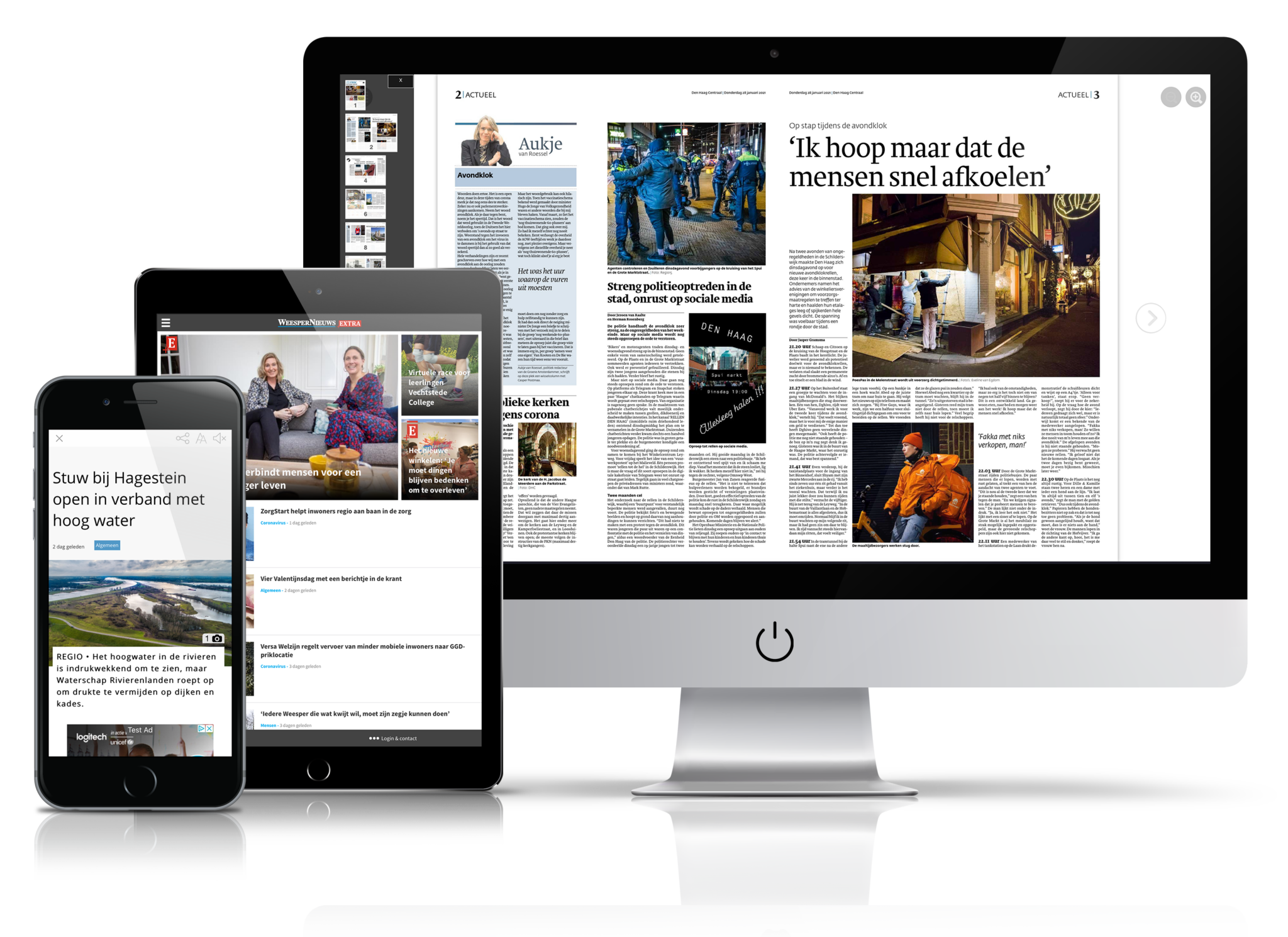The 5-Minute Rule for News Websites
Table of ContentsThe Ultimate Guide To News WebsitesMore About News WebsitesThe Basic Principles Of News Websites 9 Simple Techniques For News WebsitesThe Ultimate Guide To News Websites
It was down in the UK and Brazil yet up a few other nations, such as Greece, Bulgaria, and Poland (News Websites). This year, for the very first time, we inquired about the various manner ins which individuals stay clear of the information and found that around half of avoiders (53%) were trying to do so in a broad-brush or regular method as an example, by turning off the radio when the news came on, or by scrolling past the news in social networkse.g. scrolling previous information, altering channels when news comes on. of avoiders examine resources much less frequently. e.g. limit to certain times of day, switching off alerts, etc. of avoiders stay clear of some subjects. e.g. topics that reduce mood or increase anxiety. You said that you attempt to proactively prevent news.

I'm probably picking to check out even more light-hearted stories than I used to at the minute. M, 51, UK Turning my back on information is the only method I feel I can cope occasionally. I need to consciously make the initiative to turn away for the sake of my very own mental wellness.
The Ultimate Guide To News Websites
Careful avoidance of Ukraine information was highest in many of the countries closest to the problem, reinforcing findings from our added survey in 2015, soon after the war had begun. Our data may not suggest an absence of rate of interest in Ukraine from neighboring countries however instead a need to manage time or safeguard psychological wellness from the very real horrors of battle.
Contrasting Finland with a politically polarised nation such as the USA (see next chart) that is less influenced by the battle, we find an extremely various pattern of subject avoidance. In the United States, we locate that consumers are more probable to prevent topics such as nationwide politics and social justice, where arguments over problems such as gender, sexuality, and race have actually become highly politicised.
American politics are pretty harmful these days. I discover occasionally that I need to separate from tales that simply make me mad. F, 61, USA For some individuals, bitter and dissentious political disputes are a factor to shut off information entirely, however for some political partisans, avoidance is commonly concerning shutting out point of views you don't want to hear.

The 9-Minute Rule for News Websites
Some are wanting like this to make news a lot more accessible for hard-to-reach teams, broadening the information agenda, appointing more inspiring or favorable news, or welcoming constructive or remedies journalism that give individuals a sense of hope or personal firm. In our survey this year, we asked participants concerning their rate of interest in these various methods.
This clarifies index why stories like Ukraine or nationwide politics perform well with news regulars yet can at the same time transform much less interested users away (News Websites). Careful avoiders are less thinking about all kinds of news than non-avoiders yet in relative terms they do seem to be extra interested in positive or solutions-based information

What Does News Websites Do?
2023). This might be real in the moment, but with time it appears to be leaving many individuals empty and much less pleased, which may be threatening our connection with and rely on the information. Across markets, total depend on in news (40%) and trust fund in the sources individuals use themselves (46%) are down by a further 2 percent points this year.
Without a doubt, with the rear-view mirror, the COVID-19 trust bump is plainly visible in the adhering to chart, though the Visit This Link instructions of travel later on has been mixed. In some situations (e.g. Finland), the trust boost has actually been preserved, while in others the upturn looks even more like a blip in a story of ongoing long-term decline.
A few of the highest possible reported levels of media objection are located in countries with highest degree of mistrust, such as Greece, the Philippines, the USA, France, and the UK. The most affordable degrees of media objection frequent those with greater degrees of trust, such as Finland, Norway, Denmark, and Japan.
6 Simple Techniques For News Websites
This year we asked respondents about their choices for text, audio and video when eating news online. Generally, we find that the majority still favor to review the information (57%), rather than watch (30%) or listen to it (13%), but more youthful individuals (under-35s) are most likely to listen (17%) than older groups.
Behind the standards we discover considerable and unexpected country distinctions. In markets with a solid reading tradition, such as Finland and the UK, around 8 in ten still prefer to review on the internet news, but in India and Thailand, around 4 in ten (40%) say they favor to enjoy news online, and in the Philippines that proportion mores than fifty percent (52%).